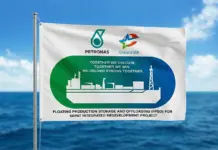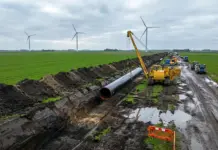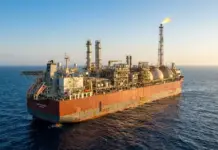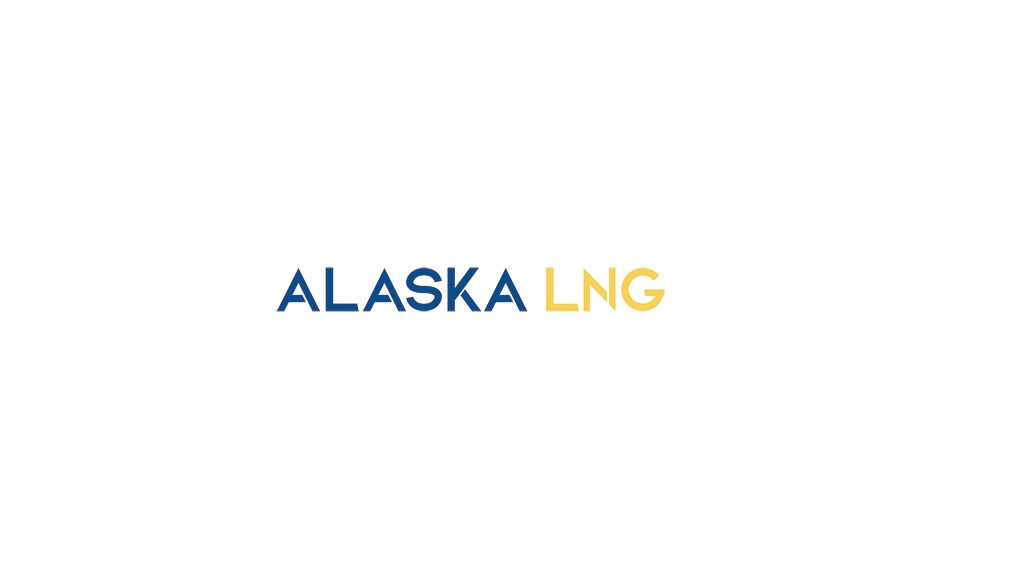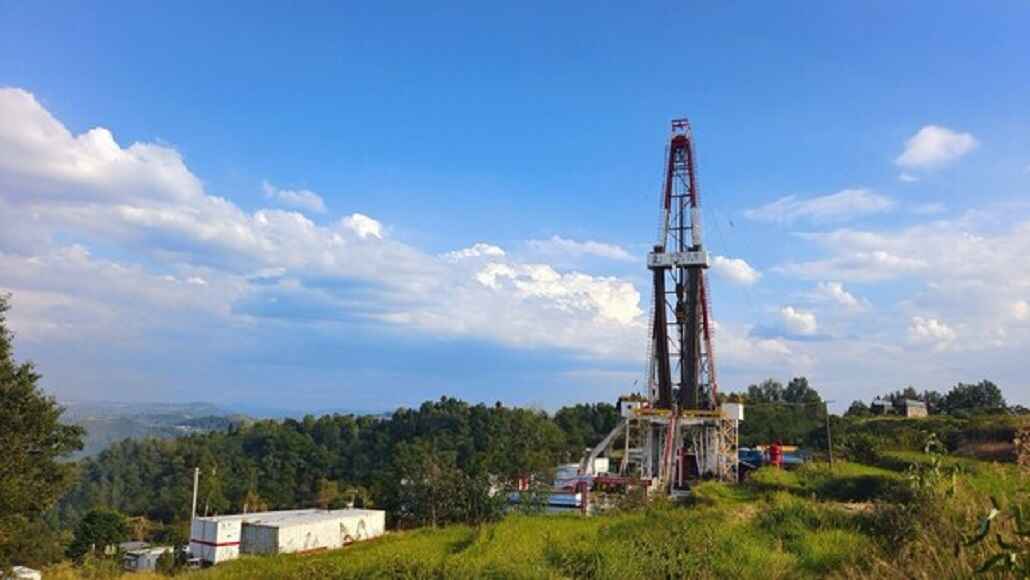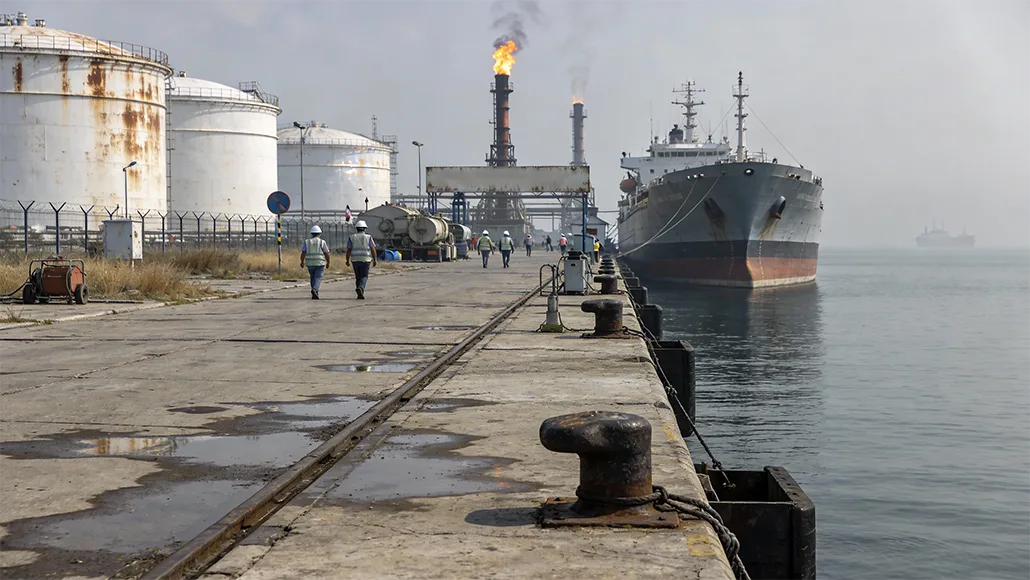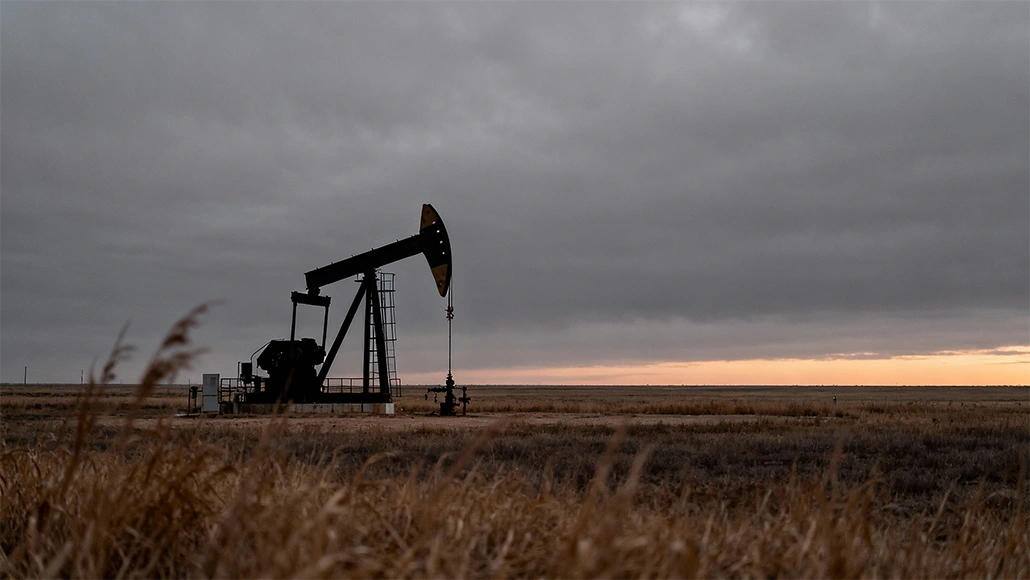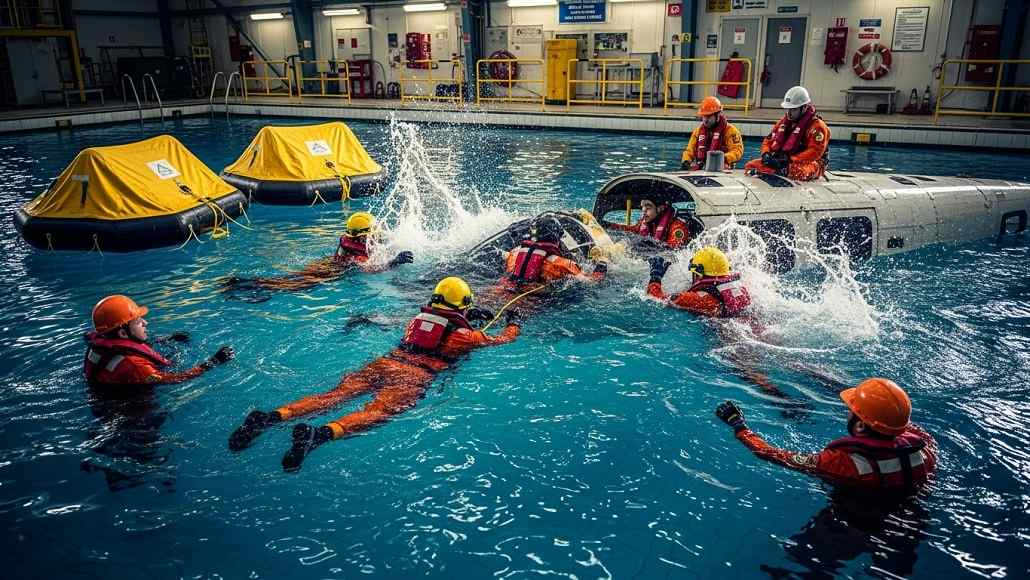The oil and gas industry relies heavily on offshore operations that demand strict safety protocols and skilled personnel. For anyone looking to start a career on an oil platform, FPSO(Floating Production, Storage and Offloading unit.) or other offshore installation, completing a BOSIET course(Basic Offshore Safety Induction and Emergency Training) is a crucial first step. This certification ensures that new recruits are prepared for the unique hazards of offshore work; it also demonstrates to employers that they meet globally recognized safety standards from day one.
A BOSIET course provides the essential knowledge and hands-on skills needed to handle emergencies at sea. It covers everything from fire safety and first aid to helicopter safety and survival at sea. For many, this qualification marks the start of a long-term career in offshore oil and gas, where safety awareness is as important as technical skill.
What the BOSIET course involves
The BOSIET course follows internationally approved standards, with OPITO being the most widely recognized governing body for offshore safety training. Participants learn a combination of theory and practical exercises, focusing on key areas such as:
- Helicopter safety and HUET (Helicopter Underwater Escape Training)
Participants learn the essential safety protocols for travelling to and from offshore installations by helicopter. This includes detailed instruction and practical exercises in emergency procedures for helicopter flights, with underwater escape training to prepare for realistic scenarios. - Sea survival and first aid
this combined module focuses on surviving at sea after an incident. It covers the use of life rafts and personal flotation devices, survival techniques in open water, and the management of hypothermia and exposure. Basic first aid training is included, ensuring delegates can respond to medical needs in remote offshore environments until professional help is available. - Firefighting and self-rescue
Delegates practice fire prevention and firefighting skills in offshore settings, including the safe use of firefighting equipment, smoke escape techniques, and methods for self-rescue in confined or hazardous conditions. - Emergency breathing systems (EBS)
This section covers the correct use of Emergency Breathing Systems during helicopter transit and evacuation. Delegates learn to don and operate EBS equipment efficiently, integrating this skill into evacuation drills to ensure rapid and safe response in emergencies.
One of the most critical components is the helicopter evacuation practice. Offshore workers often travel to installations by air; therefore, knowing how to respond in the event of an emergency landing or ditching is essential. Simulations in controlled environments give delegates the confidence to react quickly and effectively.
Training providers such as FMTC deliver OPITO-approved programs that combine realistic scenarios with safety theory. The controlled training environment allows participants to build muscle memory, which is vital when facing real emergencies offshore.
Advancing careers through BOSIET training
While the initial BOSIET course is an entry-level requirement, ongoing BOSIET training ensures that skills remain sharp and certifications stay valid. The OPITO-approved BOSIET is valid for four years, after which a refresher course, known as FOET (Further Offshore Emergency Training), is required. This process reinforces safe practices and updates workers on any new industry standards or safety technologies.
For oil and gas professionals, maintaining an up-to-date BOSIET training record is not just about compliance; it signals commitment to safety and readiness to employers. It also broadens employment opportunities across multiple regions, as OPITO certification is accepted by companies operating in the North Sea, Gulf of Mexico, and West Africa and beyond.
Importantly, these courses do not only prepare workers for worst-case scenarios. They also foster an awareness of day-to-day risks, promoting a proactive safety culture that benefits entire teams offshore.
Why this training matters in oil and gas
Offshore oil and gas operations involve a combination of heavy equipment, hazardous materials and remote locations. Emergency response times can be longer than in onshore environments, which makes self-reliance and team preparedness essential. The BOSIET course equips workers with both the mindset and the technical skills to act effectively during incidents, from fires and medical emergencies to helicopter evacuations.
Employers see certified workers as lower risk hires who can integrate quickly into offshore crews. This is why many companies make BOSIET training a condition of employment before workers even step onto a platform. The investment in training pays off not only in safety but also in operational efficiency; crews that understand procedures are more cohesive and capable in high-pressure situations.
Conclusion
For anyone pursuing a career in offshore oil and gas, completing a BOSIET course is an important step. It ensures that new entrants meet international safety requirements, understand the risks of the environment and have the skills to protect themselves and their colleagues. Following up with regular BOSIET training keeps those skills current and relevant, supporting both personal career growth and overall industry safety. With reputable providers like FMTC offering globally recognized programs, aspiring offshore workers have clear pathways to certification and to a safer, more competent start in one of the world’s most demanding industries.




